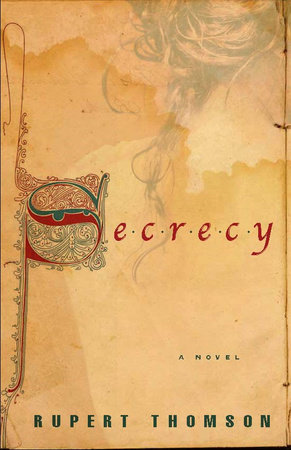Secrecy Reader’s Guide
By Rupert Thomson


1. Do you regard Secrecy as a work of historical fiction, literary fiction, suspense, or a mixture of all three? Have you read anything similar to this before?
2. What is unusual about Florence in the late 17th century and why does Thomson choose to set the novel in this time period? What do you think about Thomson’s portrait of post-Renaissance Italy?
3. What is it about Zummo’s work that divides people? How do you feel about Zummo’s morbid fascination with death and disease? What could be the source of this fascination?
4. What is Zummo’s attitude towards love? Do you think Faustina changes Zummo, or do you feel that he has always been capable of loving someone in such a way? What do you think draws them so close to one another?
5. What might Thomson be trying to say about evil and taking people at face value? Can Zummo be described as evil in any way? What can be said about the relationship between Stufa and Zummo?
6. Is there something that Earhole, Fiore, Faustina, Mimmo, and Zummo have in common? Is Thomson looking to give a voice to the marginalized?
7. Why does Thomson mingle real historical figures with fictional characters? Can you distinguish between them?
8. What do the Grand Duke’s confidants have against Zummo? Why are they so distrustful of him?
9. As Marguerite explains towards the end, “Secrecy had many faces. If it was imposed on you, against your will, it could be a scourge—the bane of your existence. On the other hand, you might well seek it out. Nurture it. Rely on it. You mind life impossible without it. But there was a third kind of secrecy, which you carried unknowingly, like a disease or like the hour of your death. Things could be kept from you, maybe forever.” How does this relate to the structure of the novel?
10. Why does Thomson give Marguerite d’Orleans a voice in the novel?
11. Why does Zummo make the decision he does at the end of the novel? Do you think the reasons he gives Marguerite d’Orelans for his decision are convincing?